Plus, more vet-approved diet tips in time for Senior Pet Month

Article content
Reviews and recommendations are unbiased and products are independently selected. Postmedia may earn an affiliate commission from purchases made through links on this page.
November is National Senior Pet Month, a month dedicated to celebrating our older furry friends. Like puppies, senior dogs have their own unique needs and dietary requirements to help ensure their optimal health.
Advertisement 2
Story continues below
Article content
While checking in with your vet is the best way to care for your pet’s individual needs, there are still some general guidelines that can support longevity. We asked Dr. Suzee Camilleri DMV, DVSc, to share her best recommendations when it comes to caring for senior pups, and ensuring they stay happy and healthy for years to come.

Q&A with Dr. Suzee Camilleri
Q: When are dogs considered seniors?
A: A dog is typically considered a senior around the age of seven or eight, though this depends on breed and size with larger breeds often aging faster than smaller ones. Deeming a dog a “senior” is influenced by the dog’s individual genetics and overall health status. Historically, mixed-breed dogs tend to live longer than purebreds due to greater genetic diversity, which may reduce the risk of inherited diseases.
There is not one single “longevity gene,” rather, the interplay of several genetic pathways combined with good care and nutrition will significantly influence a dog’s lifespan. Ongoing research into aging and genetics in dogs continues to reveal ways we can extend their healthy years.
Article content
Advertisement 3
Story continues below
Article content
Q: What are the best foods and supplements for a senior dog?
A: I always recommend avoiding processed foods. Opt for lean, high-quality protein, easily digestible proteins like chicken, turkey, or beef to maintain muscle mass without overloading their digestive system. Gently cooked meats are beneficial for senior dogs because they are easier to digest compared to raw or heavily processed foods. In my experience, the highest quality pet foods use locally sourced meats from Canadian farms.
Gently cooking high-quality meats at lower temperatures preserves the nutritional value of the meat while reducing the risk of harmful bacteria, which is particularly important for older dogs with weaker immune systems. This method also makes the proteins more bioavailable, helping senior pets absorb essential nutrients more efficiently. Gently cooked meats also tend to be softer, making them easier for senior dogs to chew and process, especially if they have dental issues.
Research is emerging that some supplements can help slow cognitive decline in dogs, such as MCT, which is found in coconut oil, and L-carnitine, which helps with metabolism as well as mental sharpness. However, do not give any of these to your dog without first checking with your vet.
Advertisement 4
Story continues below
Article content
For senior dogs, glucosamine and chondroitin support joint health, while fish or flaxseed oil reduces inflammation and promotes an optimal coat. Fibre-rich foods like pumpkin aid digestion and antioxidants from blueberries boost immunity. Probiotics help gut health, and balanced calcium and phosphorus strengthen bones. Be sure to read labels and consult your vet to ensure the right amounts.
Also, make sure your senior dog is well-hydrated. They tend to drink less water, so encouraging more water, moist foods, or even giving bone broth as a treat, can help them stay well hydrated.
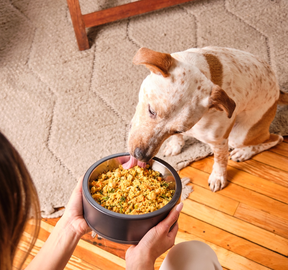
Q: Are there any foods or ingredients to avoid feeding senior pets?
A: High-fat, processed foods can lead to weight gain, heart issues or digestive problems. This includes highly processed treats. Also, avoid super hard treats and toys, including bones of any sort, as dog teeth are more brittle as they age. Stick to easily digestible, nutrient-rich options. Older dogs’ immune systems are lowered, so also avoid giving them raw eggs or meat.
Q: How can you help manage your senior pet’s weight?
Advertisement 5
Story continues below
Article content
A: Portion control is crucial to managing your senior pet’s weight. It’s important they have the right mix of proteins, healthy fats and carbs while avoiding overfeeding. You can help your dog feel more full without adding many extra calories by incorporating lean proteins and fibre-rich ingredients like vegetables. The good news is you can add fresh ingredients as a topper to their current diet, or as a healthy treat between meals.
When it comes to senior dogs, regular exercise – even gentle activities – helps maintain a healthy weight. It is also important to [be cautious of] treats, as even those made with healthy ingredients are added calories. If your dog has treats often, try to cut out a bit of food from their dinner bowl to make sure they’re not getting too many calories in one day.
To help keep your senior pup healthy and active, consider adding these toys and treats to their everyday routine:
Carose Interactive Dog Chew Toy, Amazon, $12
Chuckit! Sport 25M Launcher, Amazon, $15
RERBIO Automatic Dog Ball Launcher, Amazon, $105
Digital Kitchen Scale, Amazon $16
Dog Standards fresh food subscription, Dog Standards, from $96
Recommended from Editorial
Shopping Essentials is a category written by research-obsessed shopping experts. Explore product reviews, recommendations and launches — plus behind-the-scenes info on your favourite brands and hidden gems — learn more here or sign up for our newsletter.
Article content
This post was originally published on this site be sure to check out more of their content.










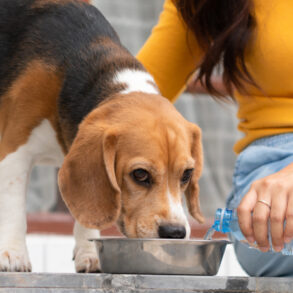



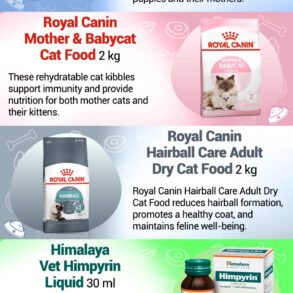














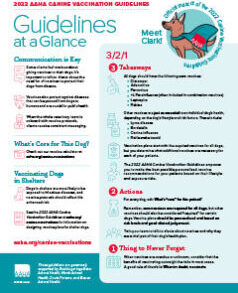
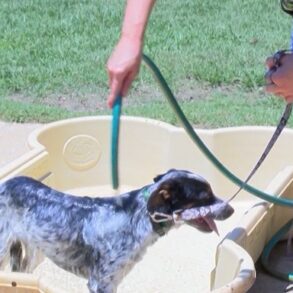

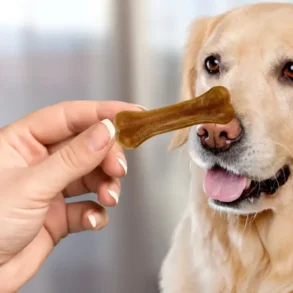

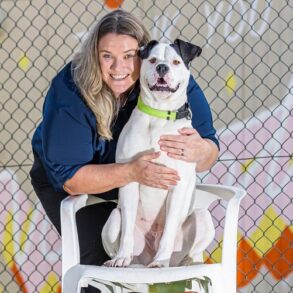
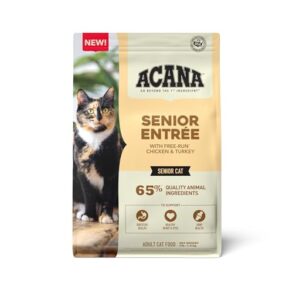


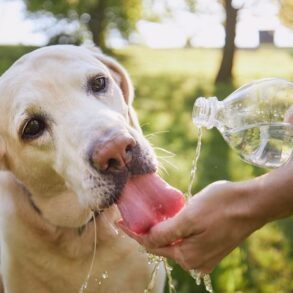
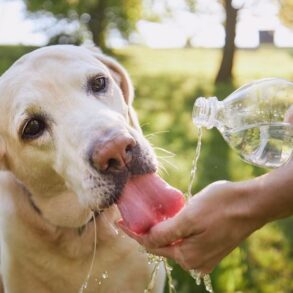


Comments